Chinese paramilitary police stand guard at Tiananmen Square. (China Photos/Getty Images)
[People News] On January 20, the Political Bureau of the Central Committee of the Chinese Communist Party (CCP) convened a meeting to review the comprehensive report on the Standing Committee of the National People’s Congress, the State Council, the National Committee of the Chinese People’s Political Consultative Conference, the Supreme People’s Court, and the Supreme People’s Procuratorate, as well as the report on the work of the Secretariat of the Central Committee. Xi Jinping presided over the meeting. The meeting acknowledged the work of the five Party groups over the past year, noting their adherence to “Xi Jinping Thought” and their “firm maintenance of the Party Central Committee’s authority and centralized, unified leadership.” However, when discussing expectations for the new year, the following statement was made: "Adhere to the supreme political principle of centralized, unified leadership by the Party Central Committee to ensure ideological unity, consistency of direction, and strict enforcement of orders."
This indicates that starting in 2025, the CCP’s supreme political principle will be “adherence to the centralized and unified leadership of the Party Central Committee.” Wasn’t this already the case in the past? To those unfamiliar with the CCP’s chameleon-like nature, this might seem like a long-standing principle. However, the reality is that in recent years, particularly before the Third Plenum in 2024, the CCP’s supreme political principle was “resolutely upholding the ‘Two Upholds.’” This meant upholding Xi Jinping’s core status in the Central Committee and the Party and maintaining the authority and centralized, unified leadership of the Party Central Committee with Xi as the core. The difference between these two principles is significant. On March 29, 2022, the CCP’s official newspaper People’s Daily published an article titled “Resolutely Upholding the ‘Two Upholds’—The Party’s Supreme Political Principle and Fundamental Political Rule.” The article stated that the resolution passed at the CCP’s 19th Central Committee’s Sixth Plenary Session emphasized the “Two Upholds” as the shared will of the entire Party since the 18th National Congress. It described the “Two Upholds” as the supreme political principle and fundamental political rule that must always be upheld, underscoring its critical importance.
The article elevated praise for Xi to new heights, declaring: "Upholding Xi’s core status is upholding the authority and centralized, unified leadership of the Party Central Committee; upholding the authority and centralized, unified leadership of the Party Central Committee begins with upholding Xi’s core status." In the new era, the “Two Upholds” were framed as issues of direction and principle, embodying Party spirit and overarching concerns, directly tied to the Party’s, nation’s, and country’s future and destiny. Furthermore, in August 2022, the CCP officially published the Excerpts from Xi Jinping’s Discussions on Upholding and Improving the Party and State Supervision System, which explicitly stated that the “Two Upholds” were the supreme political principle and fundamental political rule of the CCP.
Following the reported severe illness of Xi Jinping during the CCP’s Third Plenum in July 2024, numerous anomalies emerged within the military and senior leadership of the CCP, signaling a contraction of Xi’s power and a decline in his status. The previously ubiquitous loyalty slogans, including the "Two Upholds" and the "2442" formula, temporarily disappeared or were diluted in official media reports. These developments suggest significant internal changes within the CCP’s leadership, changes not fully visible to the outside world. However, careful observation of military and Party media reveals that many details, including shifts in the CCP’s supreme political principle, are subtly embedded in their coverage.
The resolution adopted at the Third Plenum emphasized “centralized unified leadership.” On July 26, 2024, People’s Daily published an article highlighting the importance of implementing reform tasks outlined in the resolution, stating that success "hinges on strengthening the Party’s leadership, particularly the centralized and unified leadership of the Party Central Committee."
On August 29, the Beijing Daily published an article titled “Adhering to the Centralized Unified Leadership of the Party Central Committee Is the Supreme Political Principle.” The article quoted Xi Jinping, emphasizing that this principle is the "primary and fundamental guideline for advancing self-revolution" and the "supreme political principle and fundamental political direction." It further argued that the CCP’s adherence to centralized unified leadership enabled it to navigate crises and maintain its path despite increasingly complex challenges.
Based on my observations over the past six months, since July 2024, CCP military and state media have repeatedly signaled a shift toward "collective leadership." This shift is reflected in numerous statements by senior CCP officials, including Xi Jinping himself, who has been compelled to emphasize "centralized unified leadership" in public appearances.
Examples include: July 31, 2024: Xi highlighted the importance of this principle during the 16th collective study session of the CCP Politburo. August 29, 2024: He reiterated the message at the sixth meeting of the Central Committee for Comprehensively Deepening Reform. September 12, 2024: He addressed the topic at a symposium in Lanzhou on ecological protection and high-quality development in the Yellow River basin. December 16, 2024: He mentioned it again at a symposium commemorating the 100th anniversary of the birth of Qiao Shi, former chairman of the National People’s Congress. Such repeated references by Xi, who previously sought to highlight his status as the “supreme leader,” are strikingly uncommon and noteworthy.
On January 15, 2025, the 90th anniversary of the Zunyi Conference—a pivotal moment celebrated by the CCP as a turning point in its history—served as another signal of the shift. Articles published by Xinhua News Agency, PLA Daily, and CCTV on January 14 and 15 explicitly conveyed that the Party Central Committee’s “centralized unified leadership” had now supplanted the “Xi as the sole leader” model.
Noteworthy Observations. An article in PLA Daily opened by quoting Xi Jinping’s remarks: "The Zunyi Conference … left valuable experience and important lessons in building a strong and mature central leadership collective." The article also included a pointed statement: "Whenever the entire Party firmly upholds the authority and centralized unified leadership of the Party Central Committee, the Party’s cause continues to achieve victory. Conversely, when the Party departs from this authority and leadership, its leadership inevitably weakens, and the Party’s cause suffers setbacks."
After over six months of laying the groundwork through media narratives, the recent Politburo meeting explicitly declared that adherence to the "centralized unified leadership of the Party Central Committee" is now the CCP’s supreme political principle. This effectively abolishes the previous principle of “resolutely upholding the Two Upholds,” marking a rejection of the previously dominant decision-making model centered on Xi Jinping’s sole authority. Instead, the Party appears to be reverting to the traditional model of collective leadership. Whether or not Xi Jinping accepts this change, the reality is now set.
The shift in the CCP’s supreme political principle is clear evidence of the weakening of Xi Jinping’s power within the Party. His once-dominant position, where his directives were absolute, is no longer viable. As for the senior CCP elders orchestrating this shift, if they continue to prioritize preserving the Party while resisting global trends, they are bound to face a grim and inevitable fate.
(First published by People News)

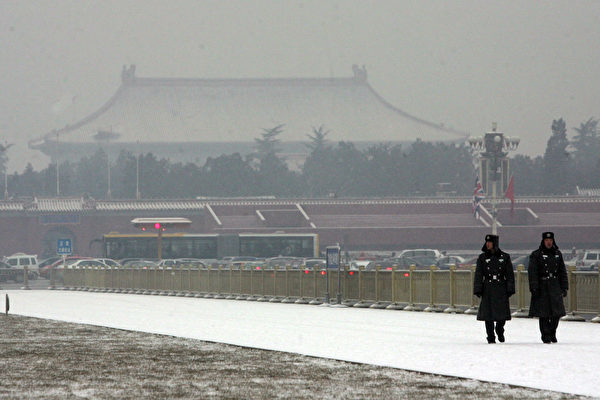


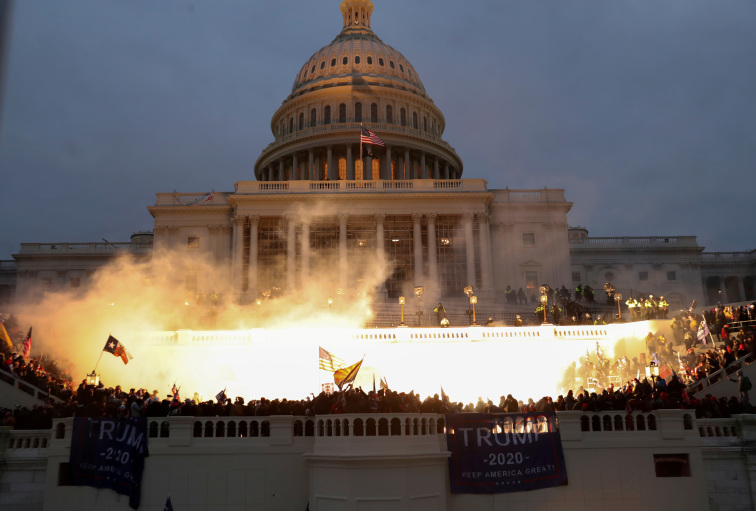

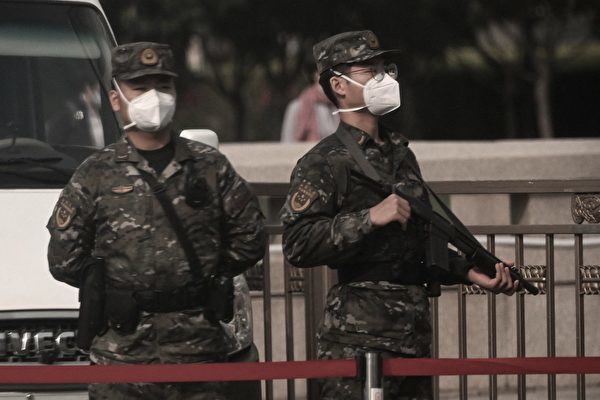
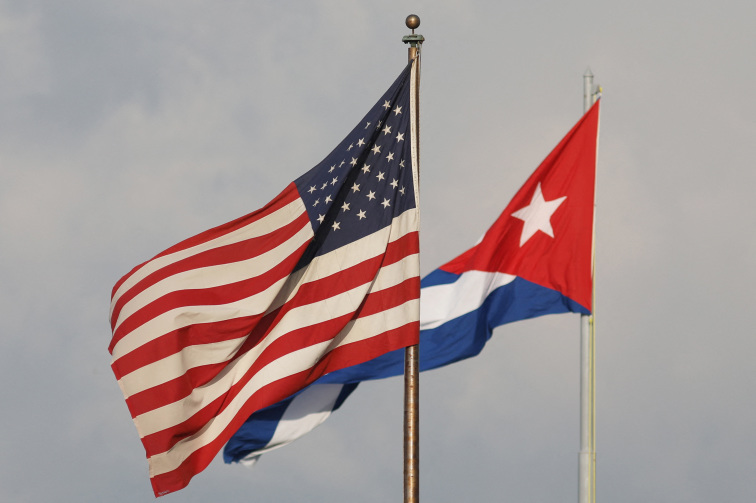
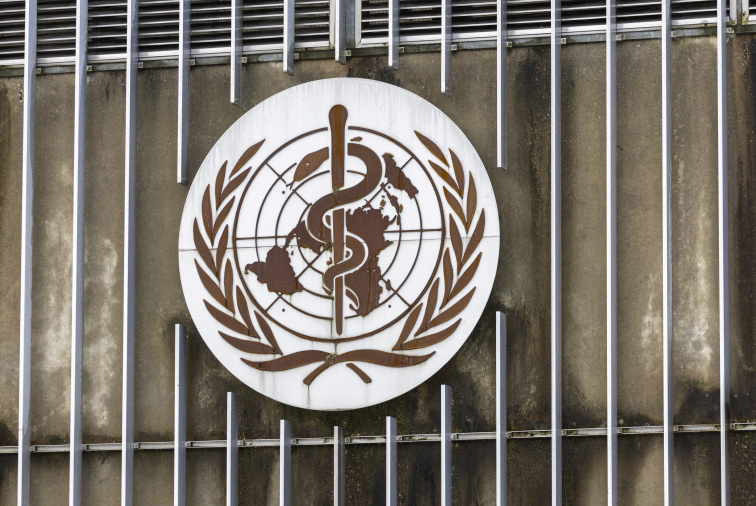

News magazine bootstrap themes!
I like this themes, fast loading and look profesional
Thank you Carlos!
You're welcome!
Please support me with give positive rating!
Yes Sure!